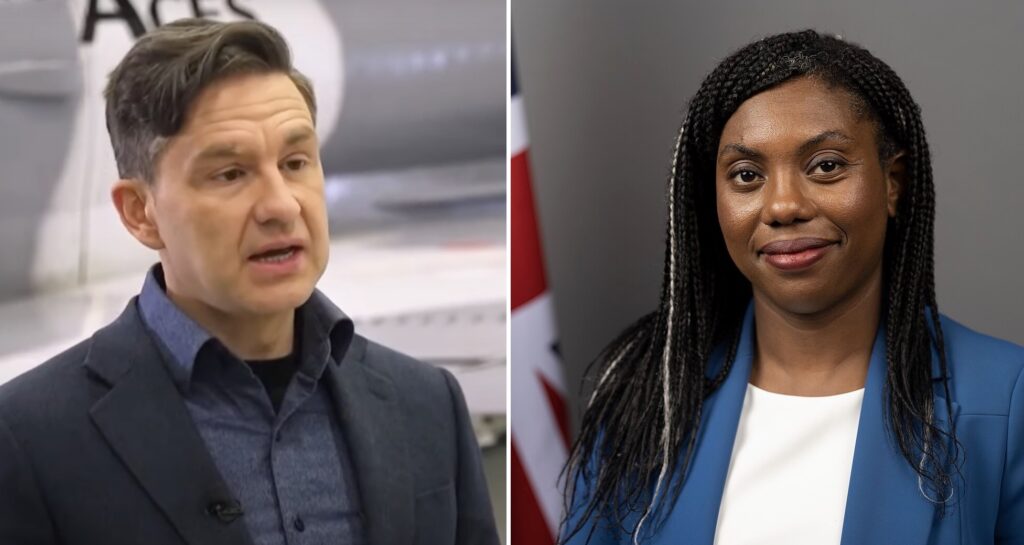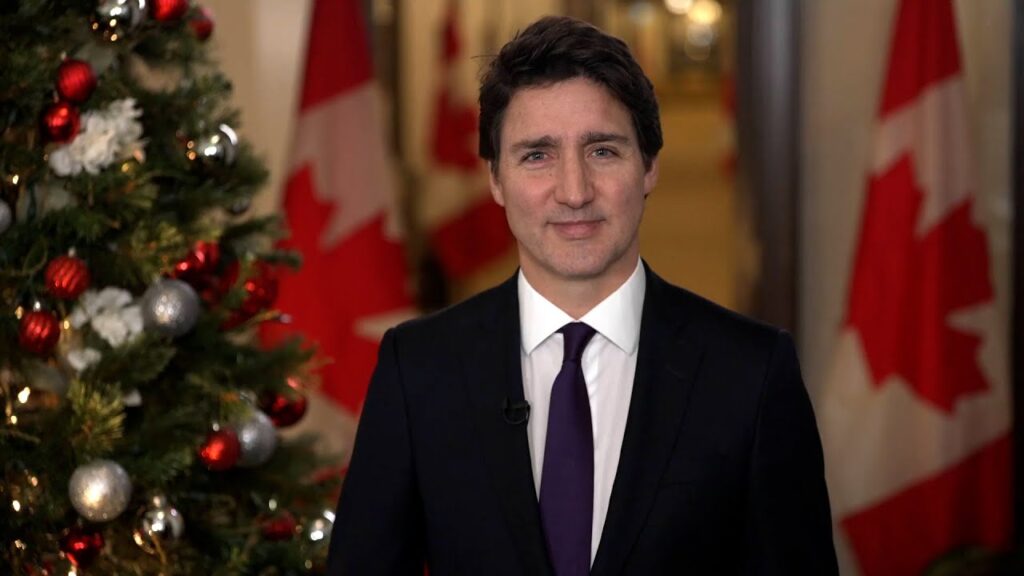
Milloy is rising in defence of General Motors, DaimlerChrysler Corp. and the Association of Automobile Manufacturers, all of whom are suing the State if California for trying to strengthen its emissions legislation. In its own defence, in a pretrial discovery motion, California had asked for information on how much these companies were paying a group of “scientists” who are the most outspoken climate change skeptics in the United States.
This is a reasonable request – a quest for transparency and honesty in the conversation. These spokesters (S. Fred Singer, James Glassman, David Legates, Richard Lindzen, Patrick J. Michaels, Thomas Gale Moore, Robert C. Balling, Jr., Sherwood B. Idso, Craig D. Idso, Keith E. Idso, Sallie Baliunas, Paul Reiter, Chris Homer [sic], Ross McKitrick, Julian Morris, Frederick Seitz, Willie Soon, and Steven Milloy) have presented themselves as experts in the public debate and have lobbied hard to undermine public support for emission regulation. It’s only fair that we should know the extent to which they have done so because auto and energy industry majors have paid them for their opinions.
We don’t actually have to ask the question about Milloy; it’s long since been proved that his advocacy skills are for sale to the tobacco industry and, more recently, the energy industry. Yet here he stands accusing California of “intimidation” and saying the State is trying to “gag” climate skeptics. In asking for information that will be illuminating to the taxpaying public, he claims the State is challenging his freedom of speech.
Well, if Milloy is going to be embarrassed by what the State uncovers (and he has previously seemed immune to embarrassment), that speaks to the nature of his activities, not the perfidy of his interrogators.
Milloy then wanders off into freelance slander, denying the central role that our colleague Ross Gelbspan had in winning a Boston Globe Pulitzer Prize, and questioning Ross’s character. Milloy repeats this lie at every opportunity even though Ross has been endlessly patient in explaining his involvement, and Ross’s colleagues have been endlessly gracious in attesting to his truthfulness.
(For documentation of Gelbspan’s role as co-recipient of a 1984 Pulitzer prize story, see a book published by The Boston Globe, the issue of the paper which published his photo and bio under the headline “Globe Staffers Who Won Pulitzer Prizes,” a letter from the Mayor of Boston congratulating Gelbspan on the prize, a resolution by the newspaper’s Board of Directors congratulating him for the prize, and a letter from the project’s lead reporter (now a senior editor at the Wall Street Journal), attesting to his central role in the project.)
One final point: It’s interesting that this column appeared in the business pages of the National Post, and not, say, in a reputable newspaper in California. Perhaps the U.S. dailies have a different standard than the Post when it comes to accepting self-serving commentary from paid industry apologists.
Subscribe to our newsletter
Stay up to date with DeSmog news and alerts







